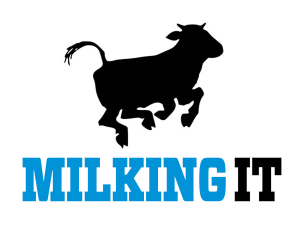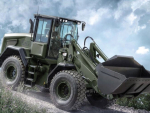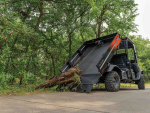OPINION: Good on Miraka for eschewing electric power for its future tankers, opting for the much more practical heavy-vehicle ‘green’ choice, hydrogen, putting NZ’s first H-powered tanker on the road.
It’s no accident that in the tractor and farm machinery industry, momentum is growing for a future switch from diesel to hydrogen fuel.
Kubota, Deutz and JCB, for example, are well down the road with hydrogen engines.
Not only does it require less re-tooling for manufacturers, and the fuel network, hydrogen is better suited to sustained heavy work.
And unlike battery power, it doesn’t require hours of downtime to recharge. In contrast to Miraka, Fonterra has an electric tanker on trial, which they only operate on flat land, for short trips, and takes three hours to recharge.


















